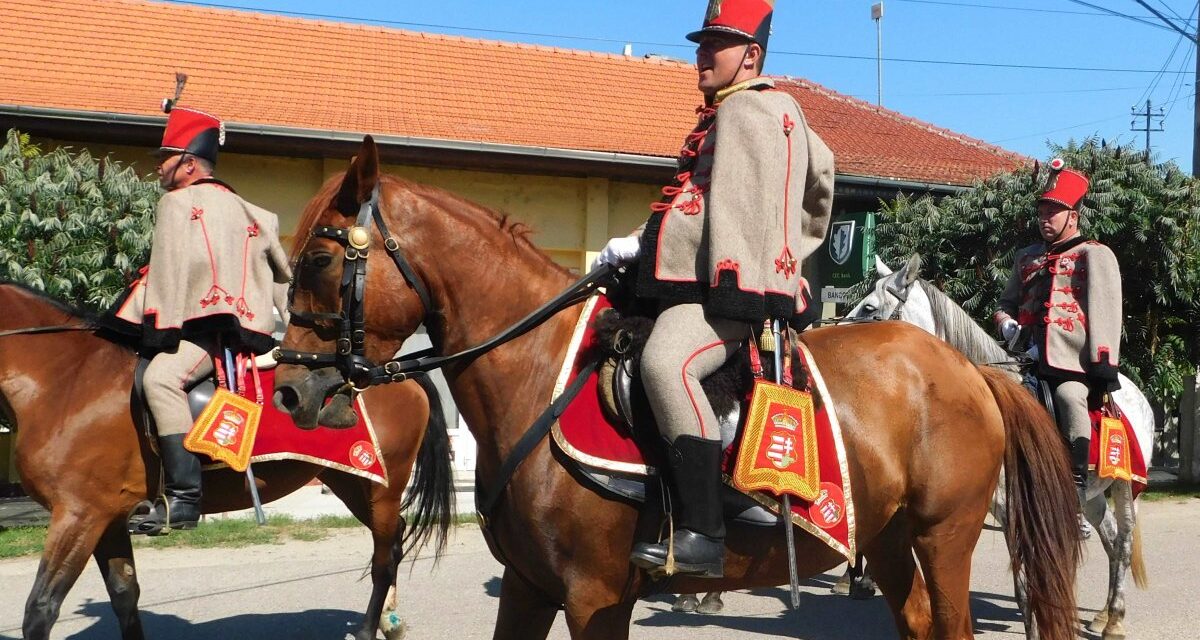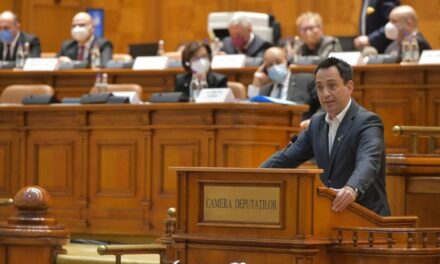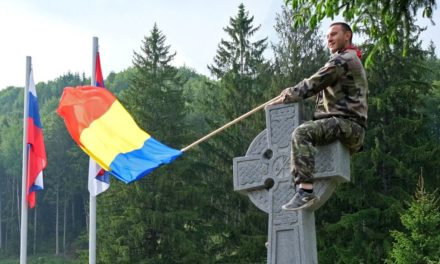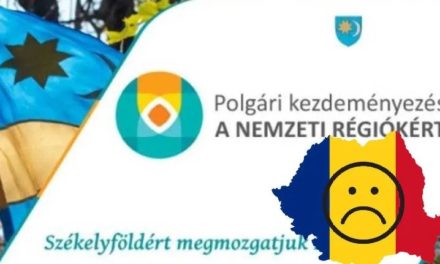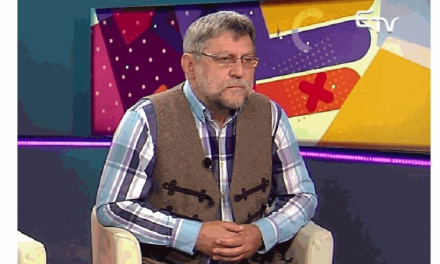The 43rd settlement was added to the list of Polish memorial sites in Transylvania organized by the Báthory-Bem Hagyományőrző Egyesület, which nurtures Hungarian-Polish historical relations.
A plaque was unveiled in Szilágyperecsen to commemorate Father Bem's visit 175 years ago. The head of the tradition-preserving NGO, Márton Okos, also reported on his recent visit to Poland to the Erdélyi Naplo.
The president of the Báthory-Bem Tradition Preservation Association, Márton Okos from Kalotaszentkirály, has been working on nurturing Hungarian-Polish historical relations for many years. The map presented in detail in the book "Transylvanian Polish Memorials, Stories" shows 42 Transylvanian settlements where Polish-related monuments can be found.
The list, which has been expanding for years, was recently expanded with Szilágyperecsen, where a Bem plaque was inaugurated.
In response to the inquiries of Erdélyi Napló, Márton Okos said about the antecedents that he is connected to the mayor of Szilágyperecsen, Csaba Boncidai, by an old acquaintance and friendship.
"The mayor of Szilágyperecsen is a committed supporter of Transylvania-Poland relations. In 2018, the mayor's office helped a lot in organizing the international conference on István Báthory held in Szilágysomlyo. Last year, he was invited to hold a lecture and a book launch. In connection with the 42 settlements in my book about Polish memorial sites, he asked me the question: When will Szilágyperecsen appear on this map?"
- quotes Márton Okos, the mayor of the village of Szilágyság, which is also famous for growing vegetables.
Thanks to the joint research, they quickly found the aspects necessary to mark the memorial site in the shared history of Father Bem and the Mátyás hussars. An agreement was reached that on the 175th anniversary of Bem apó's arrival in Szilágperecsen, this fall, a commemorative plaque will be inaugurated in the settlement. The mayor took on the costs of the construction, and they learned about the memorial plaque in Poland as well. Maciej Szymanowski, director of the Felczak Institute run by the Polish government, welcomed the new event on Transylvanian-Polish friendship in a letter written from Warsaw. Which took place after the Sunday service as part of the series of celebrations of the far-famed onion festival. The Bem memorial plaque placed on the building of the late Szentmarjay manor was unveiled by the RMDSZ senator of Szilágy county, Irénke Kovács, and her member of parliament, Dénes Seres.
I treated the guests to my new volume, the biography of József Bem, titled Star of Osztrolenka I presented the book to those interested in the hall of the school. Theater artist Csaba Marosán's performance about Petőfi was the highlight of the festive meeting. As an introduction, the performer read a poem from my book about father Petőfi Bem, written in Bánffyhunyad, entitled "Transylvanian army"
- explains the author.
The burden of the war in Ukraine
Father Bem arrived in Transylvania 175 years ago, which the Báthory-Bem Tradition Preservation Association considers to be an excellent opportunity to deepen traditional Hungarian-Polish and Transylvanian-Polish relations by involving several settlements and locations. Márton Okos admits that the war in Ukraine in our neighborhood is not really conducive to keeping in touch and nurturing the historical past together.
Certain decisions of the Polish government are being called to account both in Hungary and Transylvania, and at the same time, there are Polish friends of mine who are confused by the Hungarian government's stance on Ukraine. If both parties are dissatisfied with certain things, and they tell me all this, then I calm down because I stand in the middle" -
says Márton Okos. He sees that the most must be done for the Polish-Hungarian friendship, when the people of little faith, the "Facebook hussars" are fishing in the mud.
A Polish man received an honorary Székely title
Márton Okos often visits Poland. In recent days, he participated in the traditional farewell ceremony of the Benedictine abbey in Jaroslaw, where Rákóczi was also remembered. The Transylvanian prince and his entourage began the first half of his life-long hiding and exile here.
After the farewell in Jaroszló, the so-called "Székely recruitment" was held in Wawel Castle in Kraków - where the Transylvanian prince István Báthory also reigned as Polish king. The antecedent of this is that at the beginning of June, a turul statue was symbolically inaugurated on the Báthory Farm (Folwark Batorowka) near Warsaw, instead of the toppled Munkacci statue. The founder and owner of the farm in Poland, Bartosz Siedlar, erected a commemorative plaque on the occasion of the 80th anniversary of the Volhynia massacre. The event also commemorated the horrors of the Ukrainian fascists during the Second World War, who were responsible for the murder of around one hundred thousand Poles.
Our association decided to propose Bartosz Siedlar for the honorary Székely title. Jenő Szász, the founder of the title, the head of the National Strategic Research Institute, accepted our proposal, so we were able to present the award in the Krakow castle. The touching moment of the event was that 84 years ago, on this day in 1939, the Teleki government opened the common Polish-Hungarian border in Hungary, which had re-existing six months ago, to receive refugees from Poland, which had been attacked from three sides by the Germans, Slovaks and the Soviets. "
– Márton Okos describes the details of the Krakow celebration.
József Makkay / Transylvanian Diary
Featured image: Márton Okos/Facebook

